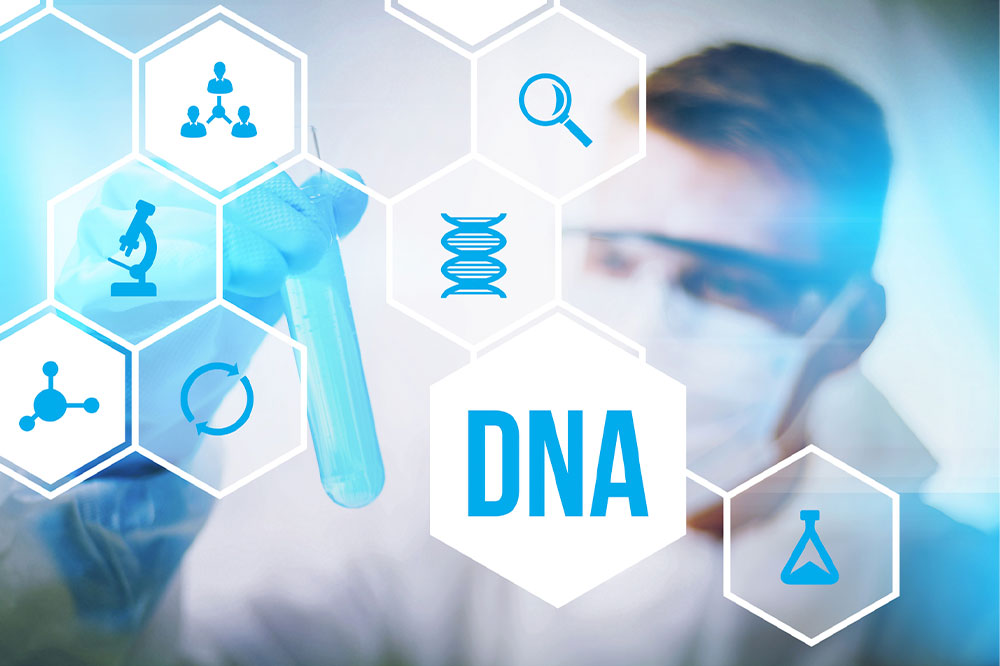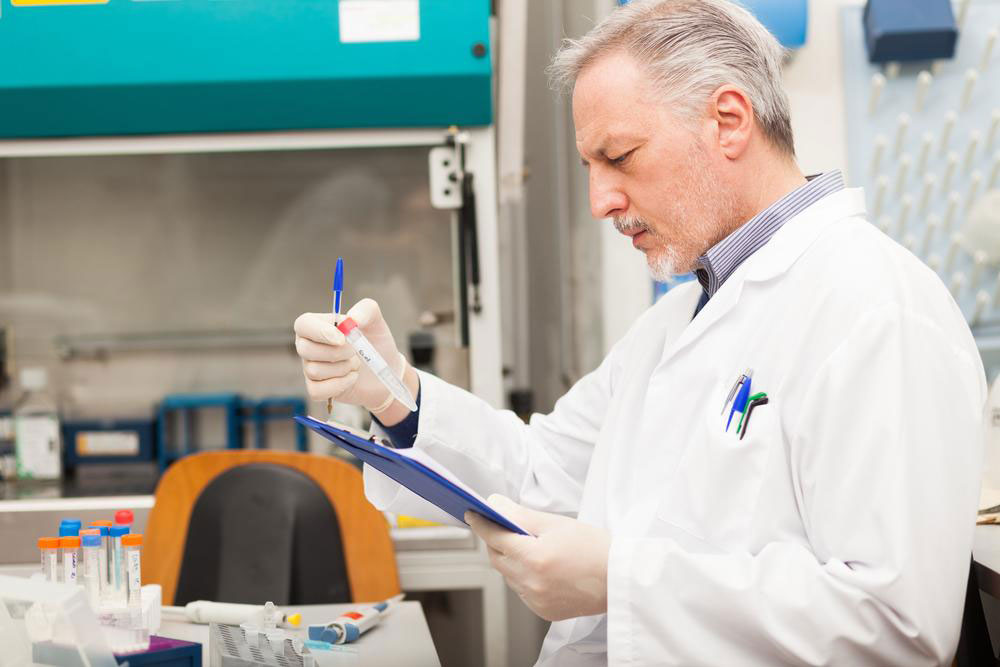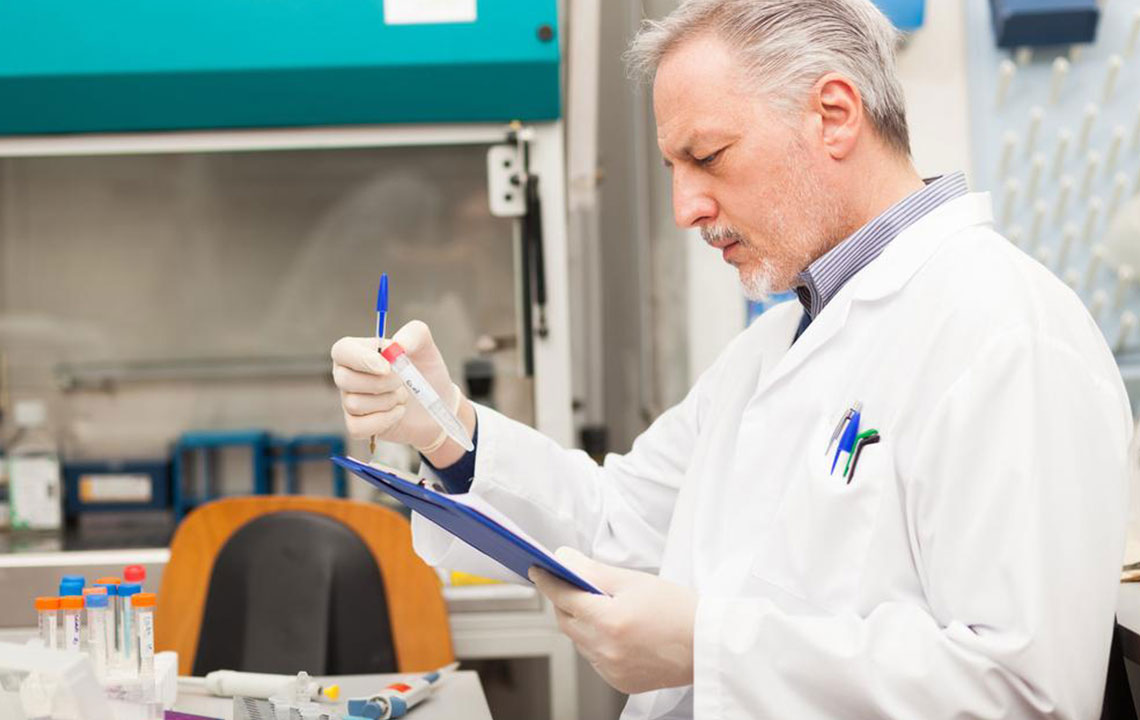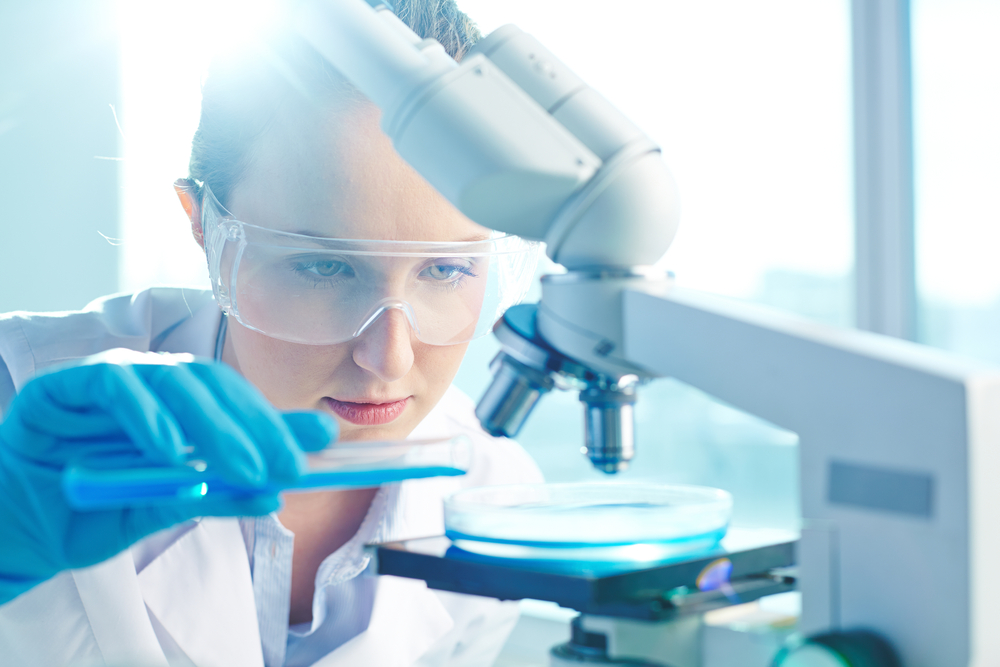Unveiling the Significance of Genetic Testing: A Comprehensive Guide
Explore the transformative impact of genetic testing on health, ancestry, and family dynamics. Learn how DNA analysis can reveal disease risks, ancestral origins, and familial connections, empowering informed decision-making. Discover the latest developments and benefits of this revolutionary technology.
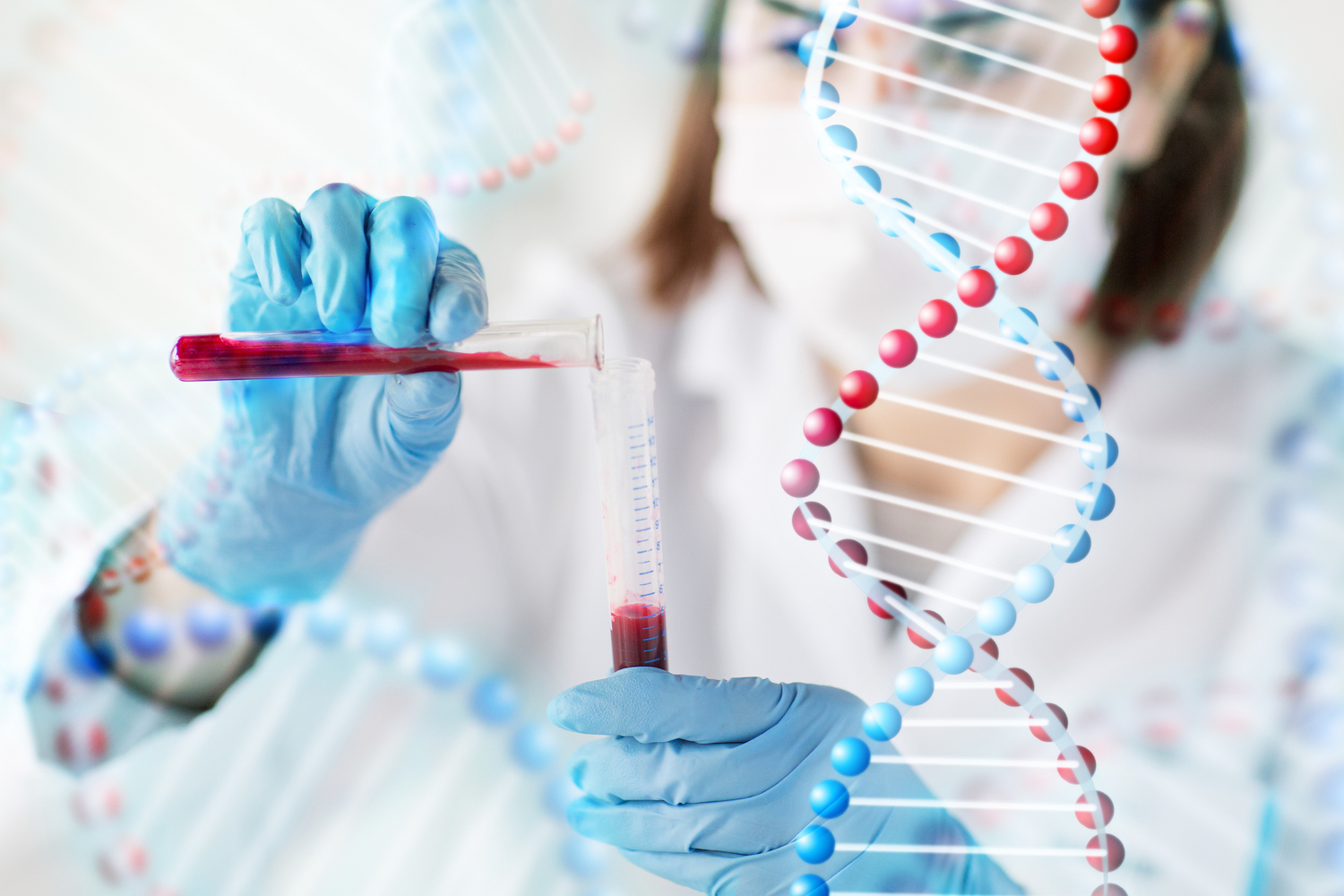
Genetic testing has revolutionized the way we understand health, ancestry, and familial relationships. At its core, it involves analyzing an individual’s DNA—the genetic blueprint housed within every cell. This blueprint contains critical information that influences everything from disease susceptibility to inherited traits. By examining specific genetic markers, clinicians and researchers can gain invaluable insights into a person's health risks, hereditary conditions, and ancestral heritage. In recent years, genetic testing has transitioned from a specialized research tool to a widely accessible technology, empowering individuals to make informed decisions about their health and family history.
DNA, or deoxyribonucleic acid, is composed of sequences of nucleotides arranged in a double-helix structure. Each segment of DNA corresponds to a gene, which encodes instructions for building and maintaining the body. These genes can harbor mutations or variations that influence the development of certain diseases or traits. For example, alterations in the BRCA1 and BRCA2 genes have been linked to a heightened risk of breast and ovarian cancers. By identifying these genetic mutations through testing, individuals can better understand their personal health risks and take proactive measures, such as increased screening, lifestyle modifications, or preventive treatments.
Beyond health implications, genetic testing also offers remarkable insights into ancestry and heritage. Through analysis of specific genetic markers, a person's ethnic background can be traced back hundreds or even thousands of years. Many companies now offer ancestry testing kits, which use cheek swabs to gather DNA samples. These samples are then analyzed in laboratories to match genetic signatures with populations across the globe. As a result, individuals can uncover details about their ancestral roots, learn about migrations and settlement patterns, and connect with distant relatives. This knowledge not only satisfies curiosity but also helps foster a deeper understanding of personal identity and cultural heritage.
Legal and familial contexts also benefit from DNA analysis. For instance, paternity tests use genetic markers to establish biological relationships with high accuracy. These tests are critical in legal proceedings, inheritance cases, and immigration processes. Additionally, genetic testing can resolve disputed parentage or establish familial connections in cases of adoption or unknown parentage. The process typically involves collecting a DNA sample through a painless cheek swab, which is then analyzed by specialized laboratories. The results, which are highly reliable, can provide definitive answers to complex familial questions.
Sampling methods for genetic testing are diverse but generally convenient and non-invasive. The most common approach involves collecting a cheek swab, which is simple, painless, and suitable for individuals of all ages. In some instances, blood tests or saliva samples may be used, depending on the specific type of analysis required. Once collected, the sample is processed in a laboratory setting where advanced technologies such as next-generation sequencing or polymerase chain reaction (PCR) are employed to identify genetic variations or mutations.
The benefits of genetic testing extend beyond individual insights. They enable early detection of potential health issues, allowing for timely intervention and personalized medical care. Genetic information can also guide lifestyle choices, such as diet, exercise, and preventive health measures, tailored to one's genetic makeup. Moreover, understanding genetic predispositions can inform family planning decisions, including the use of prenatal testing or assisted reproductive techniques.
However, interpreting genetic test results requires careful consideration and often expert consultation. Variants of uncertain significance, incidental findings, and ethical concerns about privacy and data security are important factors to address. Genetic counseling is recommended before and after testing to ensure individuals understand the implications of their results and to receive support in making informed choices.
As technology continues to advance, the scope and accuracy of genetic testing are expected to expand further. Innovations such as whole-genome sequencing and personalized gene editing hold promise for transforming healthcare, enabling earlier diagnoses, targeted therapies, and even potential cures for genetic diseases. The accessibility and affordability of these services are also likely to improve, making genetic insights available to a broader population.
In summary, genetic testing is a powerful tool with far-reaching implications for health, ancestry, and family relationships. It offers a window into our biological past and potential future, empowering individuals with knowledge that can profoundly influence their life choices. As always, consulting healthcare professionals and genetic counselors ensures that participants make the most of these insights responsibly and effectively.

